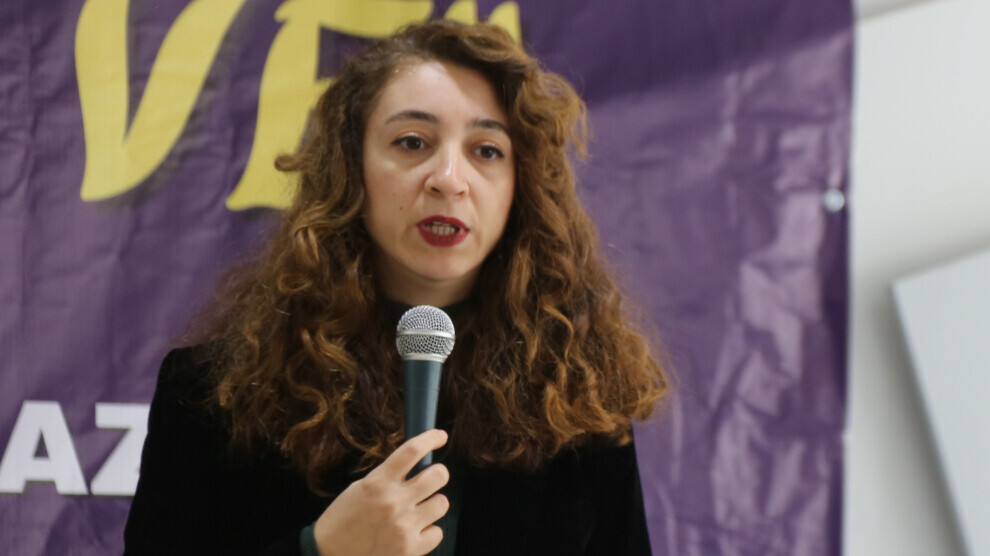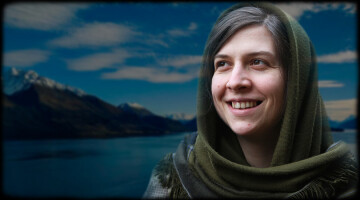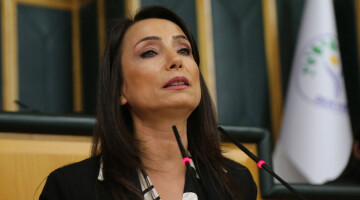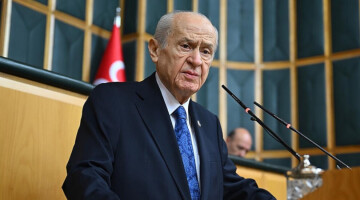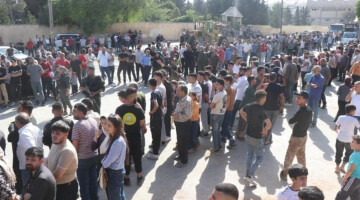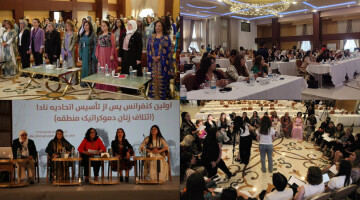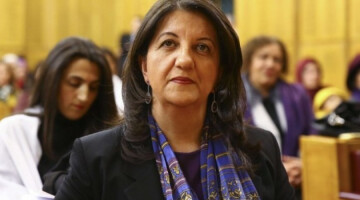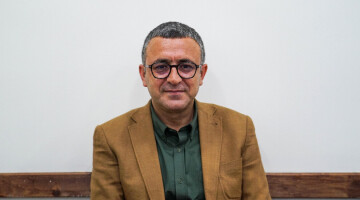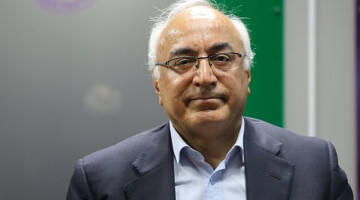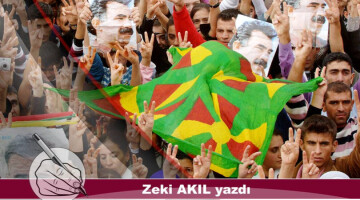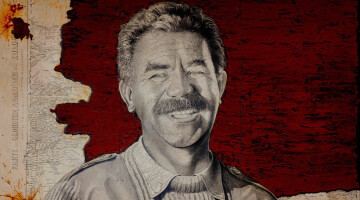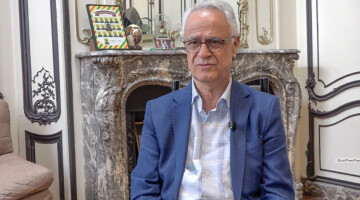On Monday, ANF published the answers of the European Committee for the Prevention of Torture (CPT) to questions about the situation in the Turkish prison island of Imrali, where Abdullah Öcalan, Ömer Hayri Konar, Hamili Yıldırım and Veysi Aktaş are kept in total isolation. Lawyer Raziye Öztürk spoke to ANF about the CPT's statements.
"The CPT has unmasked its own double standards" Öztürk said, criticizing the Council of Europe's anti-torture committee for its silence regarding the situation on Imrali.
"On July 3, the CPT publicly reprimanded Azerbaijan for its lack of cooperation and initiated proceedings. Such a procedure is also necessary with regard to Turkey,” said lawyer Öztürk, addinging: "Since the Turkish government is not complying with the [CPT] recommendations, the CPT could initiate proceedings. However, it is failing to do so. It is acting as if there is no article for this, but the decision on Azerbaijan reveals once again the committee's double standards towards the Turkish government. The CPT is unmasking itself."
Interview shows success of the protests
Öztürk said: "The CPT has maintained its old stance, as we had learned from personal discussions. But I think the fact that there was an interview is due to the protests and the sit-ins in front of the CPT. It is a success of the Freedom for Abdullah Öcalan and a political solution to the Kurdish question campaign."
The CPT's statements contradict the ECHR rulings
Öztürk stressed that the CPT is acting as if there was no ill-treatment at Imrali. She said: "The CPT has taken the position that there is no ill-treatment by the prison administration or prison staff. It only criticises the point about lawyer and family visits. However, this point contradicts the CPT's previous recommendations and findings and the judgment of the European Court of Human Rights (ECHR). Because the point of bad treatment or ill-treatment cannot only refer to the behaviour of the staff towards our clients. There has been no sign of life from our clients for 40 months. Cutting off all communication is a violation of humanity itself."
Not even the aggravated execution regime rules are applied to our clients
The lawyer also pointed out contradictions in the CPT’s argument, saying: "The CPT had previously stated that the situation there did not comply with international human rights standards. If we look at Imrali, it is an island prison in which an aggravated execution regime rules applies. Yet, it is necessary to note that even that system is applied only in name. In reality, our clients do not even have the rights that they would be entitled to under those very rules. Because even under aggravated execution, there is the right to visits by family and lawyers. There is no mention of a restriction of these rights. There is at least a connection to the outside world in a certain sense. But in the prison island of Imrali, there is none of that. So it is clear that this is not just mistreatment, but torture. The aggravated execution regime has been defined as torture. It is stated that this violates Article 3 of the European Convention on Human Rights. But the situation here goes far beyond that."
Connections with the outside world are completely cut off
On the social dimension of the conditions on Imrali, Öztürk said: "We have to look at this issue as a whole. We are talking about our clients being completely cut off from the outside world. This means that the relatives, the people we talk to and especially the Kurdish people as a whole have become victims of this curtailment of rights. Due to Abdullah Öcalan’s position as a representative of the Kurdish people, the entire Kurdish society is affected by this isolation."
The CPT is passing the ball to Turkey
As for the CPT’s statement that it could not publish its report without Turkey’s consent, Raziye Öztürk said: "We have raised this situation many times. Yes, that may be the case due to procedures. But the Turkish government is adamant that it will not implement the CPT’s suggestions and recommendations. In its 2019 report, the CPT found that preventing lawyer visits is not lawful. It stated that visits must be carried out at regular intervals. However, at this stage, we see that this has not happened. The situation is instead worsening. Therefore, the CPT could initiate proceedings against Turkey for non-compliance with the recommendations. However, it fails to do so. It pretends that there is no article here, but the decision on Azerbaijan once again reveals the CPT's double standards towards the Turkish government. The CPT unmasks itself."
The lawyer noted that Turkey is not on the CPT's 2025 inspection list and said: "Unfortunately, we see that despite all the bad practices, the CPT is trying to remove Imrali from its agenda."

